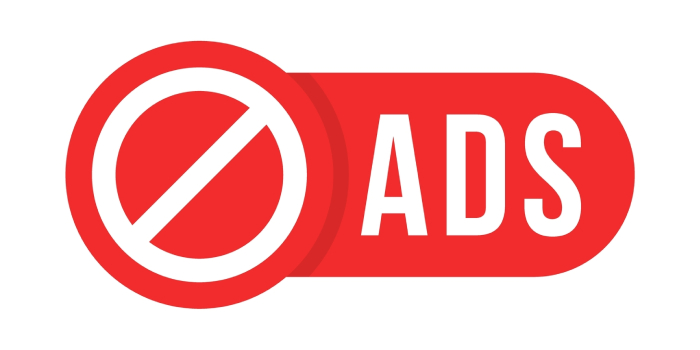As the election draws near, Australia’s Labor government is grappling with significant pressure to tackle the escalating concerns surrounding gambling advertising. Amid calls from the Greens, federal communications minister Michelle Rowland announced that the government would outline its plans regarding gambling advertisements before the election, yet she refrained from confirming whether these plans would include new legislation.
When questioned about the delays during a press conference, Rowland reiterated the government’s commitment to fully responding to Peta Murphy’s inquiry and promised a comprehensive response within the current term. However, she declined to confirm if legislation would be introduced in parliament, emphasizing that the government’s focus would be on strategies aimed at “decreasing gambling-related harms.” This approach would involve collaboration with state and territory governments.
With only a few parliamentary sitting days remaining this year and the potential for an early 2025 election, advocates for stricter gambling regulations are increasingly urging the Labor government to act decisively.
Greens Set to Drive Debate on Gambling Advertising Restrictions
To stimulate discussion on the issue, the Greens plan to introduce a bill based on the recommendations of the late Labor MP Peta Murphy’s inquiry, which advocates for a complete ban on gambling advertising. Sarah Hanson-Young, the Greens’ communications spokesperson, expressed frustration over the ongoing delays, stating that the public is tired of the excuses and inaction.
Tim Costello, chief advocate for the Alliance for Gambling Reform, expressed his confusion regarding the prolonged response time, noting that it has been 16 months since the inquiry’s findings were released. The June 2023 report, chaired by Murphy, called for an immediate prohibition of all online gambling inducements and advertising. As time progresses, crossbenchers, gambling harm advocates, and some members of Labor are urging the Albanese government to accelerate its response.
While reports suggest the government is considering new restrictions on advertising—such as frequency caps—rather than an outright ban, the window for legislative action is narrowing. The current parliamentary calendar allows only 11 more sitting days until the end of 2024, with the next election expected by May 2025. Preparations for a potential March election could further limit the opportunity for legislative changes.
Urgent Personal Testimonies Amplify Call for Action
During a recent parliamentary session, Zoe Daniel, the member for Goldstein, brought representatives from the Gambling Harm Lived Experience Experts group to share their insights. Paul Fung, co-chair of the group, shared his experiences starting gambling at a young age and emphasized the need for a complete ban on advertising, as he noted that exposure to gambling ads triggered memories of his past behaviors.
Fung described the ads as a catalyst for mental and emotional reactions, highlighting that even a limited number of advertisements could further complicate issues for individuals struggling with gambling. He articulated concerns about the normalization of sports betting among teenagers, which he characterized as dangerous and toxic for communities.
Kate Chaney, a member of the Murphy inquiry committee, criticized Prime Minister Albanese for avoiding the gambling ad issue, urging the government to heed the community’s voices. In response to claims of not meeting with addiction advocates, Albanese asserted that he had recently met with several individuals involved in the conversation, including Tim Costello.
With the Greens set to reintroduce their bill banning gambling ads across various platforms, Hanson-Young positioned it as a critical test for both Labor and the Coalition. She contended that gambling advertisements cause significant harm and should be banned in the same way as tobacco advertisements, calling for the government to take a decisive stand against the influence of the gambling industry.



